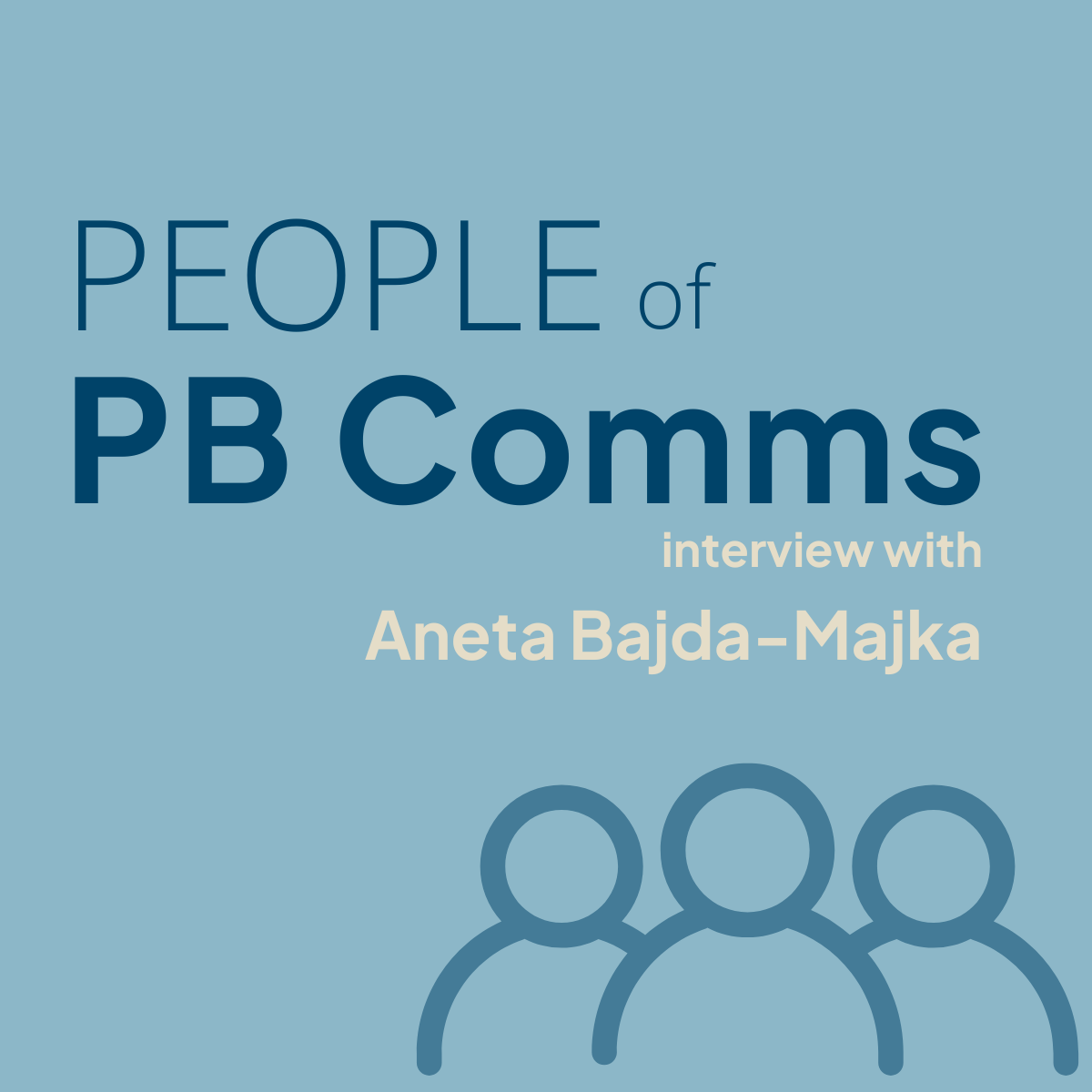If people can’t understand what you are writing about, it’s a waste of time. Yet we see this all too often in business.
Simple English is one of our obsessions. We’re always on the look-out for ways to improve our own writing. There are many sites which offer good advice, including some from top authors. Although writing fiction professionally is quite different from writing content for investors (at least we hope it is), there are many truisms common to both.
I have taken a few I have come across, modified and combined them, and added a couple of my own to make them relevant to business writers. Before writing anything, ask yourself who you are writing for and what it is you want them to understand. Some approaches executives should incorporate in their writing include:
- Keep sentences short. They’re much easier to understand.
- There is nothing wrong with starting a sentence with “And” or “But” if you want to link ideas.
- Use short words rather than long ones, and avoid jargon unless you are certain the reader will understand.
- If you’re not sure about the meaning of a word, check before use.
- Avoid using “on trend” words and phrases.
- Read what you’ve written and edit. Always. Look for unnecessary words and delete them.
- Avoid the passive voice where you can use the active.
Following these rules will make any writing tighter and more persuasive, and much easier to read.
The trouble with most executives’ writing is that they think this approach is too simplistic and the result unexciting. Which means they are really writing to impress rather than communicate
I’d bet that most of the examples of incomprehensible management or business-speak we all laugh at were nearly always written in what the writer thought was impressive language. Often using a good lacing of jargon.But they are writing for themselves. A vanity that makes the content useless if the people who they are writing for don’t understand what’s being said. It becomes a waste of time and a missed opportunity.
For public relations people, good writing has other cardinal rules. It should:
- Express ideas in a way that readers can relate to.
- Get across what it is the writer wants the reader to understand.
- Contain information that the reader wants to know or is interested in.
The second and third points are not the same. No matter what the writer wants to get across (ie the purpose of the content), the writing needs to contain information that the reader finds interesting and informative.
Writing must contain “what’s interesting to them” as well as “what’s interesting to us”
For example, a fund manager may want to write to investors about a new product being launched, with the aim of attracting funds.But unless investors understand the information provided in easy to digest language, and find it interesting and relevant, it’s not going to be persuasive.It gets back to the “who, what, when, where, why and how” of good journalism.



















